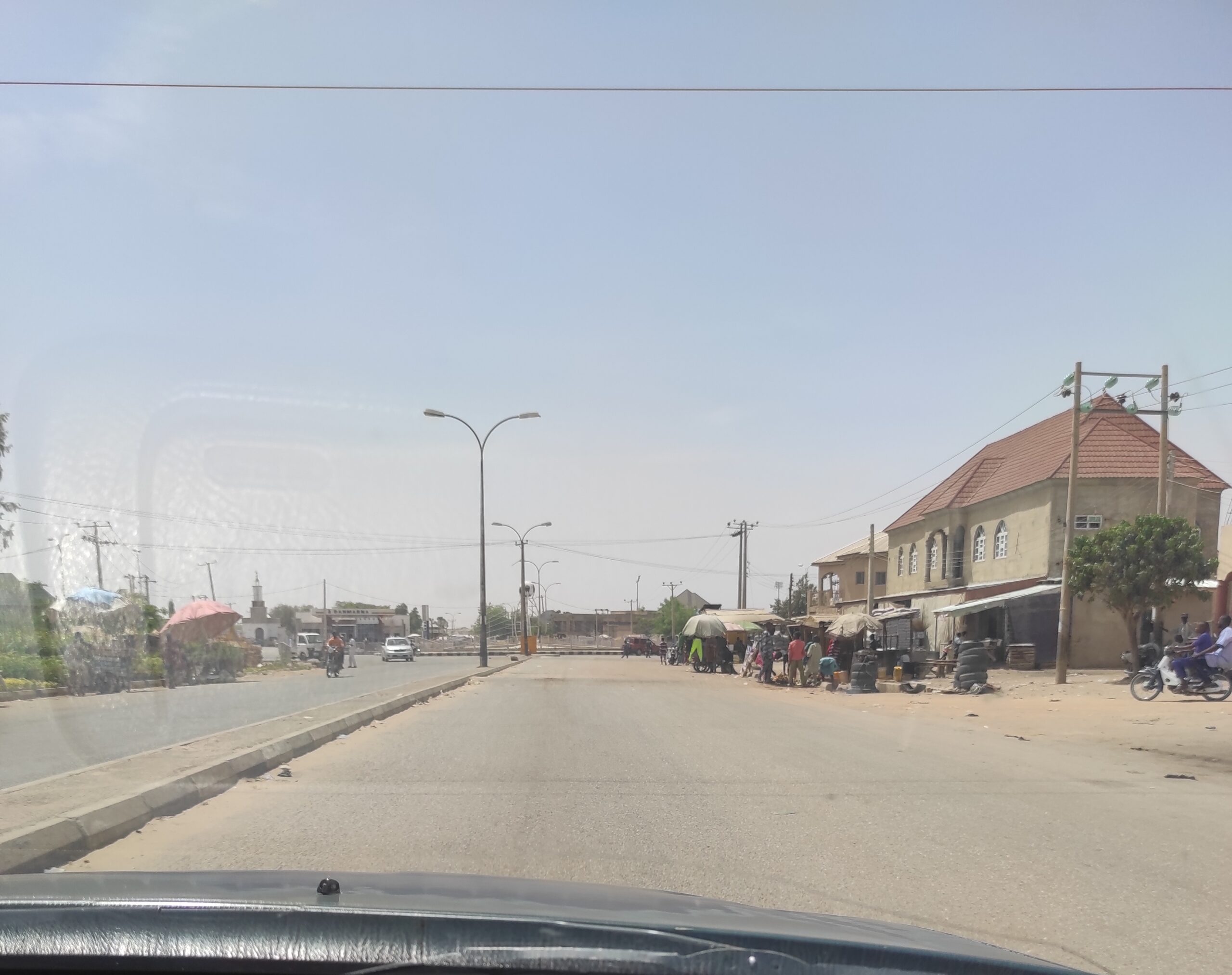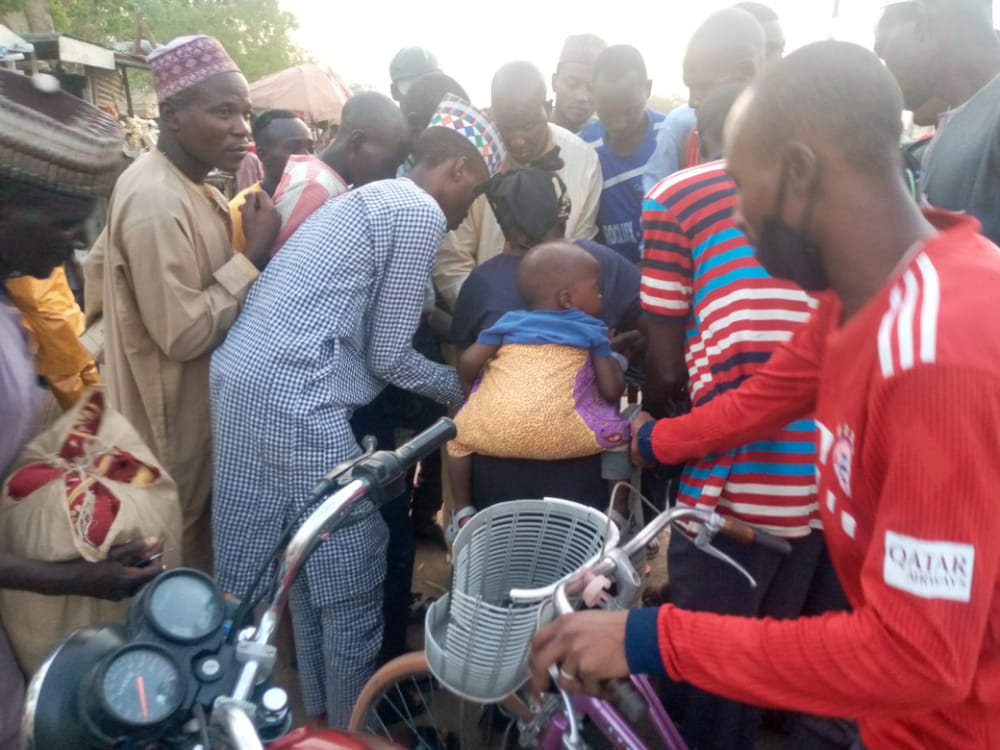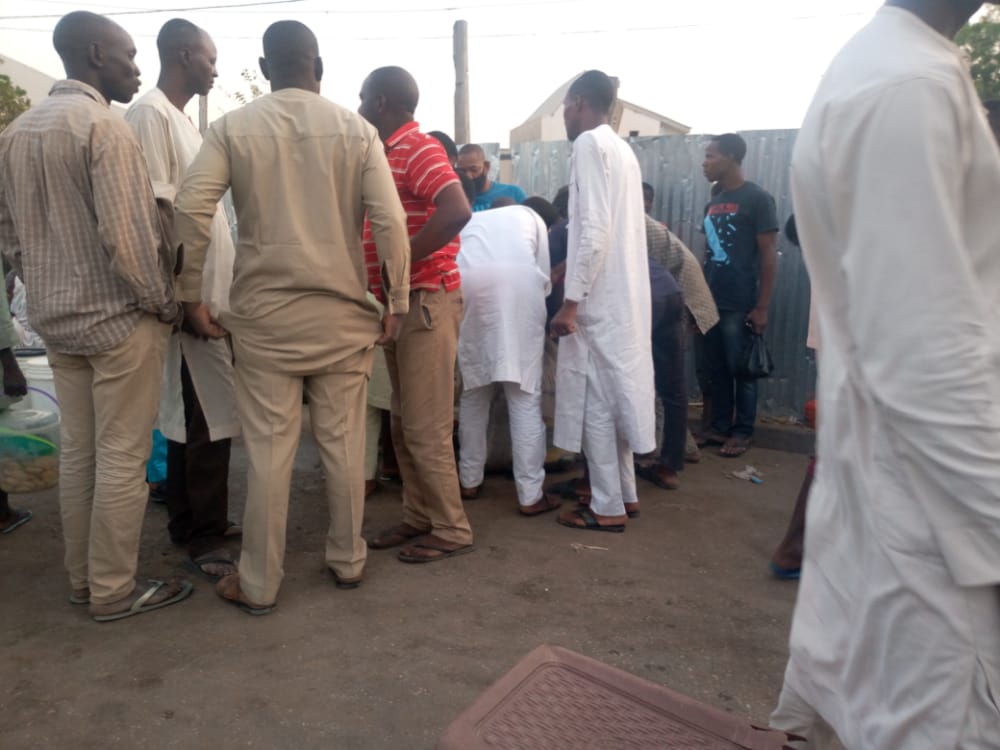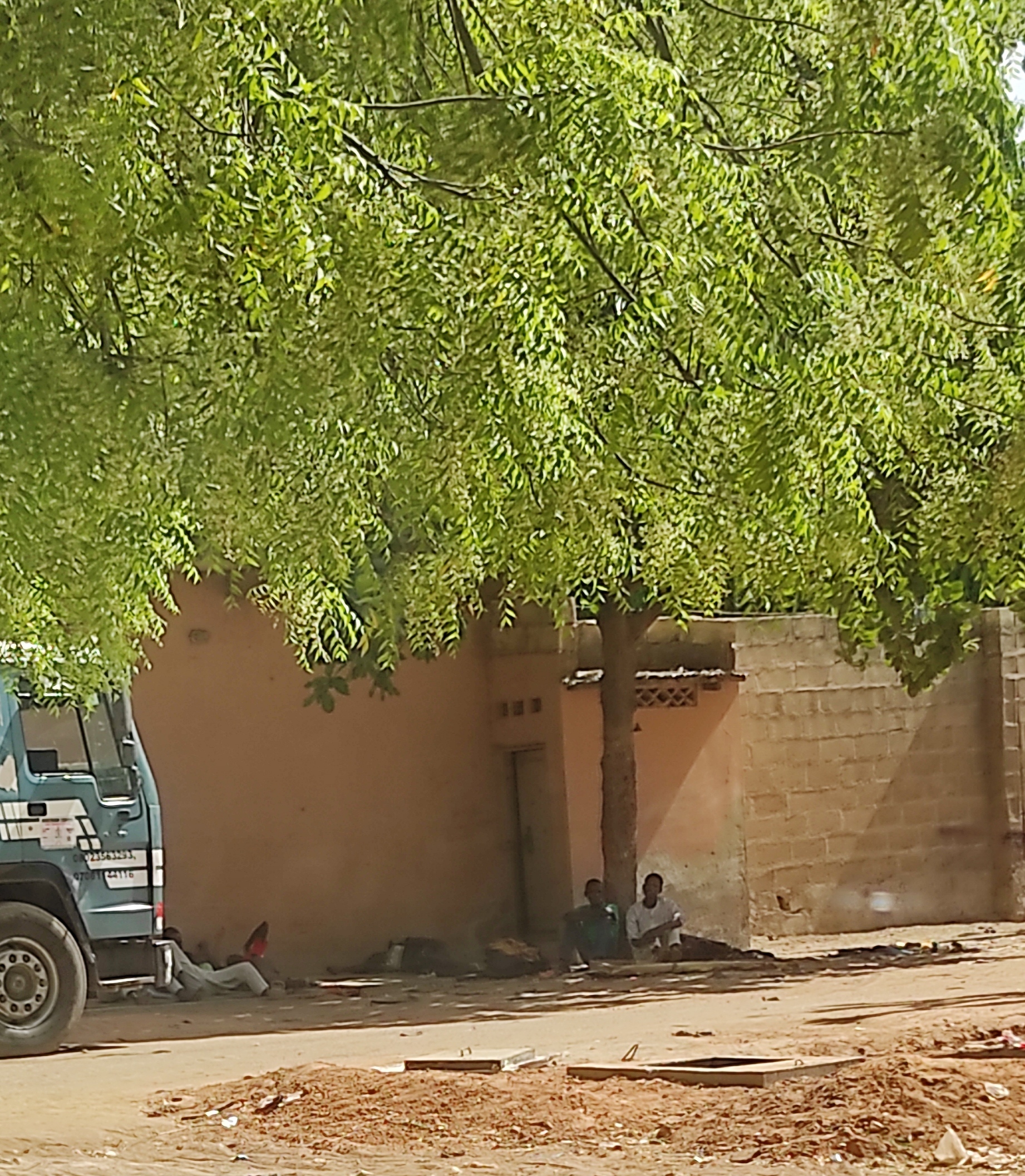Residents of Katsina metropolis are going through a tough time observing Ramadan fast due to the combined effects of harsh weather condition and epileptic electric power supply.
Our reporter who toured parts of the metropolis, found residents in some areas taking shade from the hot sun under trees while others stayed at home, as evidenced by the deserted streets and other hitherto busy areas.
 Checks by 21st CENTURY CHRONICLE show that since Ramadan began, day and night time temperatures have been an average of 40 degrees and 32 degrees respectively.
Checks by 21st CENTURY CHRONICLE show that since Ramadan began, day and night time temperatures have been an average of 40 degrees and 32 degrees respectively.
In some areas, the situation is compounded by lack of adequate electric power supply while in other areas where supply remains constant, residents lament of low voltage.
Rukayya Shehu, a housewife resident at NYSC layout, said the low voltage makes things difficult. “Sometimes the light current is so low that even the fan doesn’t provide the needed succour. Of course, we have regular power supply, especially during the day.”
She said the situation makes her envious of working class people, particularly those who have air conditioning systems in their places of work.
Workers stay in offices after working hours
21st CENTURY CHRONICLE gathered that some residents prefer to remain in their offices even after close of work to avoid going home under the scorching sun or to stay a little more to “enjoy the air conditioner.”
Ibrahim Abdullahi Yunusa Dutsin Ma, a journalist with a local station, Vision FM, said he goes to the office early and doesn’t leave till late in the evening. “The sun is too much to bear,” he said.
Another resident of Katsina, Abubakar Ahmad, who lives in Kofar Bai, decried the epileptic power supply which he said forces him to spend most of the day under tree shade.
“We can’t stay indoors anymore because of the excessive heat. The weather is not friendly and the electricity likewise. We only use it when we see it and it’s mostly low voltage.”
Ice block is now hot cake
Poor electricity supply and the harsh weather make ice block a hot cake in the metropolis. Checks made by 21 CENTURY CHRONICLE showed that the price of sachet ice block has doubled due to the high demand.

Maryam Muneer is an accountant and lives in Dandagoro area. She works in the metropolis and buys two or three ice block everyday on her way home. She has noticed the sudden change in price but she says it doesn’t bother her.
“One ice block that I used to buy at N10 is now N80 or N100. But one can’t rely on the low current electricity because when you break the fast, you need cold water. My only concern is that sometimes before I even reach here (the Dandagoro junction from Katsina city) the ice block is finished.”
On CBN road to GRA roundabout, they are mort than twenty ice block sellers standing beside their sacks or coolers. Before the fasting period, they will be seen running after motorists but they are now king of some sorts.
Once it’s 5:4pm up to the break fast time, the place become a congested. Motorists are forced to drive carefully due to number of people parking their vehicles on the road to join the struggle for the ice block.
A motorist told 21st CENTURY CHRONICLE that he bought the ice block because he knew that he might not get cold water at home. “I’m an Okada man. When I come out in the morning, I hardly go back home until in the evening. That’s why I always buy my ice block before I get home. One can’t rely on this light.”
Why price of ice block rises
Godiya Ali, an ice block seller said, she has a generating set that she used on her refrigerator. ” I collect N70 per one. I had to buy fuel for my generator and the refrigerator needs to be maintained. Because of the high demand for the ice block, some of us even borrow refrigerators to fill it with ice block to sell.”

According to Godiya, she sold more than two sacks of ice block every evening during the fasting, “you know everyone needs it. The high demand makes us increase the price. But in some places they sell it more than N70.”
Another ice block seller, a teenager who refused to give his name, said he bought the ice block in bulk at Sabon Layi then increased the price per sachet to get profit.
Deserted streets, skeletal business activities
The fasting period has also affected business operations in the metropolis with many shop keepers interview by this reporter saying they open shops late these days.

Abubakar is a shop keeper in Barhim Plaza. He said ever since the fasting began, the shop owner told them to stop opening very early because “customers don’t come in the morning or afternoon due to the sun. We also stay at home to rest because the weather is too harsh.”
Another shop owner in Titin Kwado corroborated Abubakar’s stand, saying he sometimes stay at home because coming out very early “under the intense sun would make me suffer. And you know the customers don’t even come in the morning. Most people are resting at home.”
Harsh weather can harm people – Doctor
Commenting on the weather, a consultant Gastroenterologist at the Federal Medical Centre, Katsina, Dr. Yusuf Musa, said harsh weather has an impact on people especially those fasting.
“There’s what is called insensible fluid loss at normal temperature and pressure which is about a litre or so. However, during periods like this, this insensible fluid loss can go up to 3 litres.
“It is expected that you replenish all this through frequent fluid intake. This means one needs to take more than the expected 3 litres lost as sweat, together with what you lose as urine and stool,” he stated.
He added that the impact on people during fasting would be more now, coupled with fasting where an individual fasts for an average of 14 hours.









